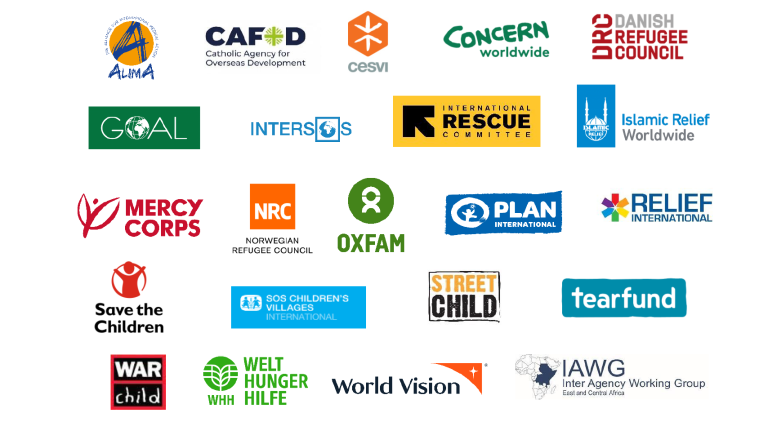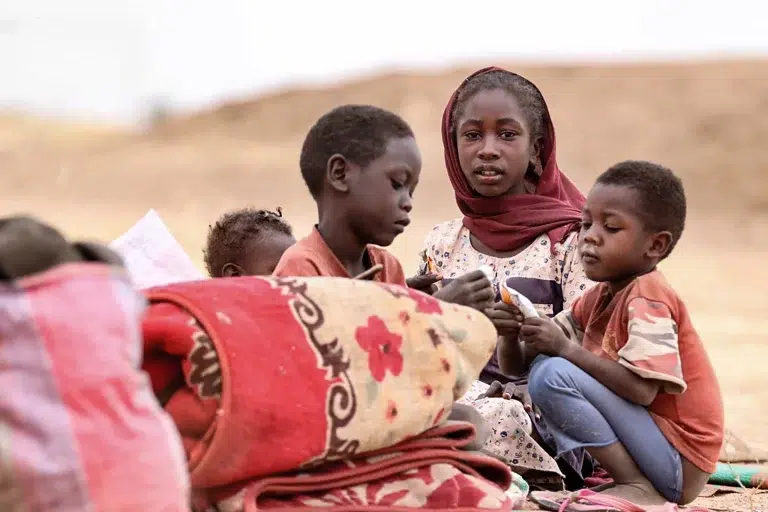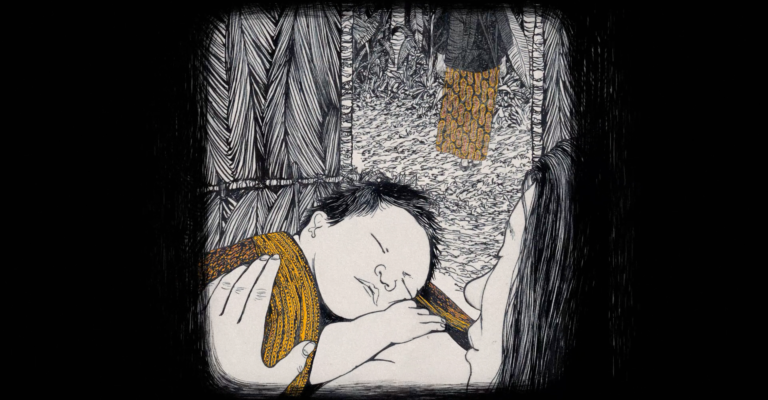The outbreak, which was first reported in the IDP camp area known as Muna Garage, is believed to have infected at least 1,408 people and killed 39, between August 16 and September 10, according to the SMoH. Muna Garage remains the epicenter, but suspected cases have also been reported in at least four other areas, including Monguno and Dikwa.
“The situation is quite critical, given the poor living conditions of the people and the apparent rapid spread of the outbreak,” said Doctor Max Yvon Mbangui, the project coordinator for ALIMA’s rapid emergency response team in Nigeria.
Cholera is an infection spread by food or water that has been contaminated with the bacterium Vibrio cholerae that can cause acute watery diarrhea and dehydration. Most cases can be treated with oral rehydration salts. But in severe cases, without proper treatment, cholera can kill a patient within hours. It spreads most easily in crowded places where hygiene and sanitation conditions are poor and access to clean water is limited.
This is the situation in areas such as Muna Garage and Monguno, where people have taken refuge in camps and local host communities, after fleeing ongoing conflict between Boko Haram and the Nigerian military. Many people live in makeshift structures, that lack access to running water. Throughout the camps, sewage disposal is poor. And now, with the onset of rainy season, many parts of the camp have flooded, blocking drains, leaving behind dirty, stagnant water and contaminating clean water sources.
To help contain the spread of the outbreak, ALIMA is providing patient care at two Oral Rehydration Points within Muna Garage and Custom House, where patients are first screened for cholera. Non-severe cases are kept under observation and treated on-site with oral rehydration salts (ORS). Upon discharge, they are sent home with a supply of ORS. Patients suffering from severe cases are referred to nearby Cholera Treatment Centers (CTC), by ambulance.
All patients are reminded about best practices for good hygiene and how to prevent cholera. This includes things such as washing your hands often with soap and water, cleaning and cooking food well, and using a latrine or toilet.
“Early detection, while the patient is still in the mild stage of illness, allows for the best chance of survival,” Dr. Mbangui said. “The best way to stop the spread of the outbreak is by reducing person-to-person transmission through individual hygiene and the disinfection of potential sources of contamination, such as dirty water or in marketplaces.”
In addition to patient care, ALIMA teams are also working closely with local health authorities and the World Health Organisation to ensure strong monitoring and epidemiological surveillance of suspected cases.
ALIMA remains ready to scale up operations to support the containment response as needs arise.
ALIMA is a medical humanitarian organisation created in 2009 that aims to provide assistance to populations in emergency situations, such as epidemics, conflicts and natural disasters. Based in Dakar, Senegal, we currently have projects in 10 countries throughout Africa.
ALIMA has been active in northeastern Nigeria since July 2016. Medical teams provide free primary health and nutritional care to children under the age of 5 at clinics in Muna and Monguno, as well as treat cases of severe acute malnutrition with complications at an Intensive Therapeutic Feeding Center in Maiduguri. In Muna, pregnant women also benefit from free pre- and post-natal care.
ALIMA’s response to the cholera outbreak has been implemented with the support of OFDA (the office of U.S. foreign disaster assistance).






